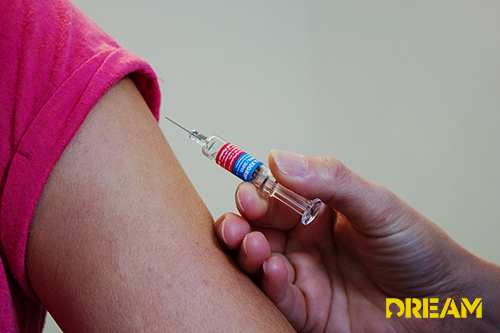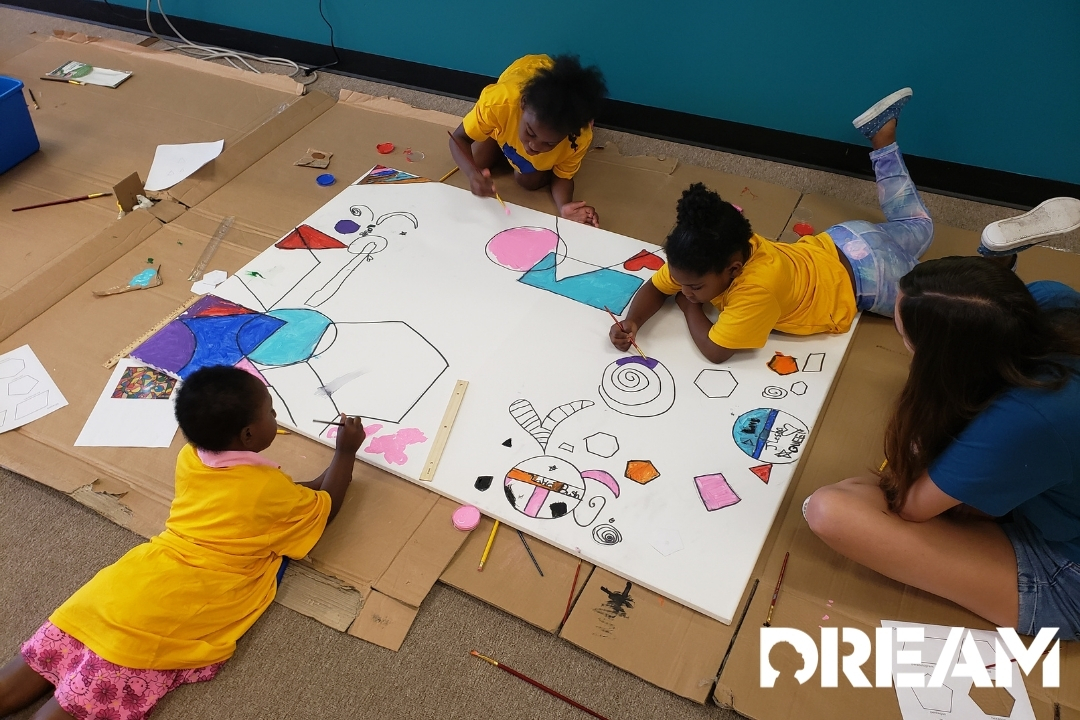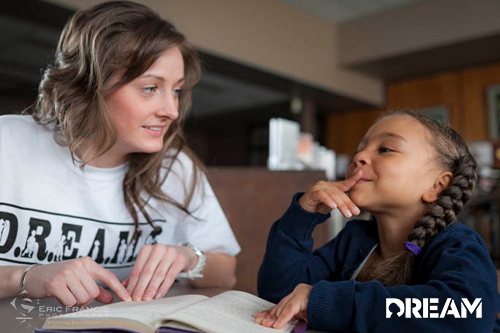When germs enter the body, the immune system recognizes them as a foreign substance. The immune system produces the right antibodies to fight the antigens.
Vaccinations for children contain weakened versions of a virus or versions that look like a virus. This means antigens cannot produce the signs or symptoms of the disease, but they do stimulate the immune system to create antibodies. Those antibodies help protect you if you are exposed to the virus in the future.
Vaccinations for children not only help to keep them healthy, they help all children by stamping out serious childhood diseases.
Are they safe?
Vaccinations for children are generally safe. The protection provided by vaccines far outweighs the very small risk of serious problems. Vaccines have made many serious childhood diseases a rarity in today’s world.
Important vaccinations
Measles
Measles are a highly contagious viral infection that involves the respiratory system, including the lungs and breathing tubes.
The virus gets into the air when someone who coughs or sneezes. The virus can live for up to two hours on something they have touched. Most people who aren’t immune will get the virus if they are near an infected person.
Measles can cause pneumonia, brain swelling and even death.
Whooping Cough or Pertussis
This virus is a lung infection that makes it hard to breathe due to severe coughing. The virus is spread by breathing in the pertussis bacteria after someone who is infected coughs or sneezes.
This can be a life-threatening virus for children, especially babies less than one year old. Whooping cough can lead to pneumonia, seizures and slowed or stopped breathing.
Polio
The polio virus lives in the intestines. You can get infected by coming into contact with a sick person’s feces. Polio is a viral disease that affects the muscles.
Most people get no symptoms or flu-like symptoms that last a few days. Polio can eventually cause brain infection, paralysis and death. It was one of the most feared and devastating diseases of the 20th century. Polio cases are down sharply thanks to vaccinations, but the disease is not gone from the world.
Pneumococcal Disease
A bacterial disease that can cause many types of illness, including pneumonia, ear and blood infections and meningitis.
Children can become infected by coming into contact with an infected person’s mucus or saliva. Complications of the disease can be serious and fatal. Pneumonia is especially deadly in people older than 65. If it causes meningitis or infects the blood it can be especially life-threatening.
Meningococcal Disease
This is a bacterial disease that can cause meningitis, an infection that can cause swelling of the brain and spinal cord. It can also infect the blood.
It’s caused by bacteria that lives in the back of an infected person’s nose and throat. It can spread through kissing or just living with someone who is infected.
Symptoms are usually start with a fever that starts suddenly, headache and stiff neck. Being diagnosed and treated as soon as possible is key. Even with antibiotics death is a possibility.
Hepatitis B
Those infected with hepatitis B have the virus in their blood and other bodily fluids. Adults usually spread it through sex or sharing needles. A pregnant woman can pass it to her baby. Hepatitis B is 100 times more infectious than HIV.
Hepatitis B is a chronic liver disease that can lead to liver cancer and other long-lasting liver diseases, which can be deadly.
Mumps
Mumps is a disease caused by a virus that gives children swollen salivary glands, a fever, headache and muscle aches. It also makes you feel tired and curbs your appetite.
When someone with mumps coughs or sneezes, the virus gets into the air and is spread by breathing it in.
Mumps can lead to meningitis and cause long-lasting health problems, including deafness and sterility in men. Mumps is now rare in the U.S. thanks to the MMR vaccine. Outbreaks can still happen, usually among people spending time close together, like living in a dorm.
DREAM, one of the Midwest’s well-known youth mentoring organizations, provides life-changing and life-enriching experiences to at-risk youth through mentoring and after-school programs in Omaha, Nebraska, and Springfield, Missouri. Their proven approach puts children in a comfortable setting where they’re encouraged to discuss openly, learn, and grow as individuals. Are you interested in getting involved with DREAM? Contact us today.






